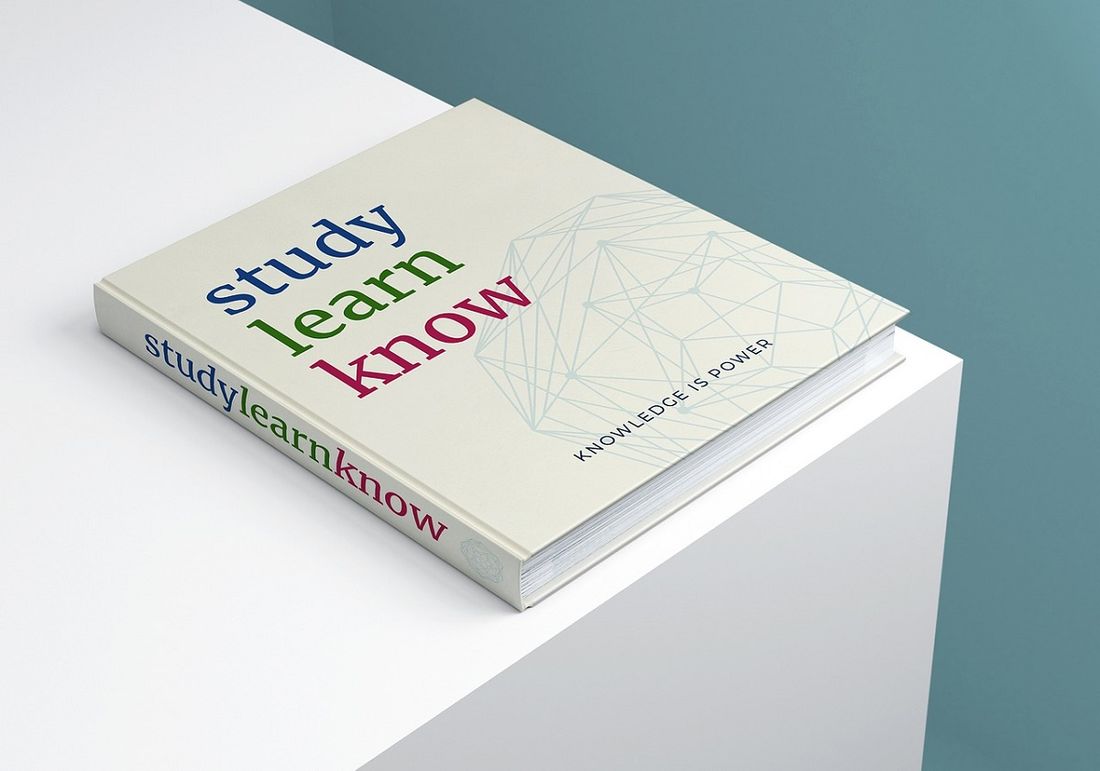Knowledge is power!
Knowledge can be used to solve problems, advance career, improve health and relationships, reduce stress, build resilience or help others, just to name a few.
And there are many ways to acquire knowledge and accumulate information… reading books and newspapers, observing others, using the internet – knowledge is readily available at our fingertips.
But did you know that knowledge ALONE isn’t power. Just memorising theories and techniques isn’t enough if we can’t apply them in everyday situations.
There is a big difference between knowing and doing!
For example, you KNOW, intellectually, that eating less sugar would make you healthier but continue eating sugary snacks. You KNOW that slow breathing helps with anxiety but have trouble using this knowledge in stressful situations. I’m sure you can think of many other situations where you have struggled to act on your knowledge.
Turning knowledge into action doesn’t happen automatically.
Here are some strategies to try:
- Learn by doing: You need to practise and take consistent action. It takes some time to transfer knowledge into skills. Look for opportunities to apply what you’re learning in your everyday life. Push yourself out of your comfort zone. Experiment with new knowledge. Make mistakes and try again. Real learning stems from actual experiences.
- Use a variety of learning media: Use pictures, videos, audio, songs, animations or metaphors to improve transfer of learning. Utilising a variety of learning media makes learning more enjoyable and interesting.
- Find a mentor: Mentoring increases your confidence and self-efficacy. Having a mentor or a role-model accelerates your learning process. It’s a great way to transfer knowledge and experience. A good mentor helps you to see things from different perspectives and encourages your professional and personal development.
- Share: Don’t hoard knowledge. Always share what you learn. Try and explain in your own words – to others or to yourself – what you have learned. Explaining helps you to understand and remember things better.
- Reflect on your learning: Take some time to reflect on how you applied the knowledge into your life. This helps you to identify any gaps in your knowledge.
- Track your progress: Keep a diary or a journal to document your advancement. It’s so easy to overlook the small accomplishments that add up to big accomplishments. Having something visual makes it easier to see how much you have progressed.
As you can see, knowledge is important and can be used to improve your life and wellbeing. But you need to turn knowledge into action.
Perhaps you want to develop resilience? Or perhaps you want to learn more about SISU mindset? First, learn something about SISU and then, incorporate simple SISU strategies into your daily routine.
You are turning knowledge into action!!!

Eila Mikkonen
Counsellor, Coach & Mental Fitness Facilitator


